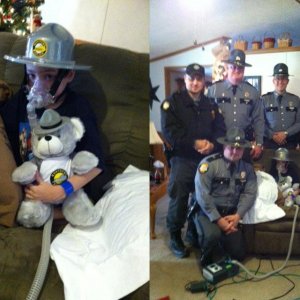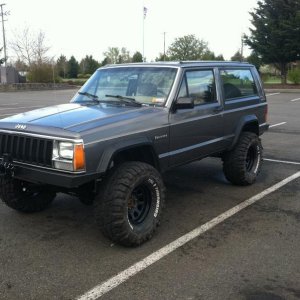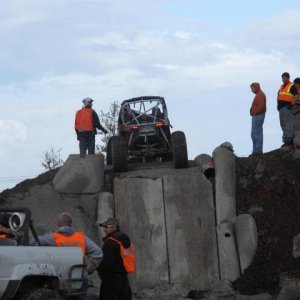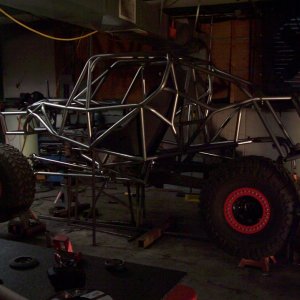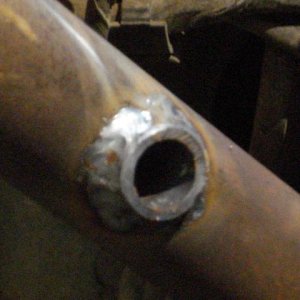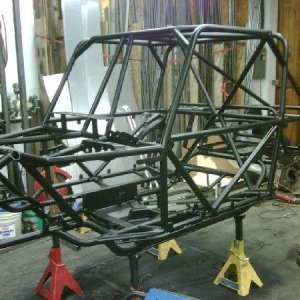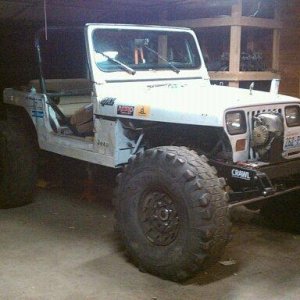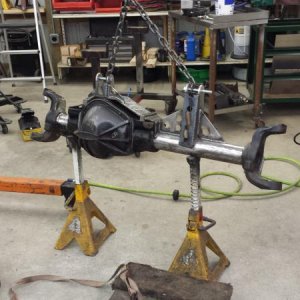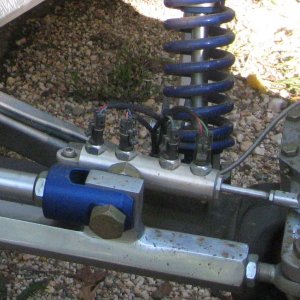Glenn
Well-Known Member
That has to be really good for the u-joints.:redneck:My moms old 89 pontiac grand am had a quad 4 four cylinder that was rated at 180 hp. My 89 ferd with a 7.3 IDI is rated at 185 hp. I would not try towing with my moms old car even if Binder says I could. :flipoff:
I wanna see a gasser do this... I should be able to with no problem right? It's all about HP and these truck are putting out in the neighborhood of 7-800HP so it shouldn't be a problem for them.
[YT]http://www.youtube.com/watch?v=Jxv2hOlFav4&feature=related[/YT]

